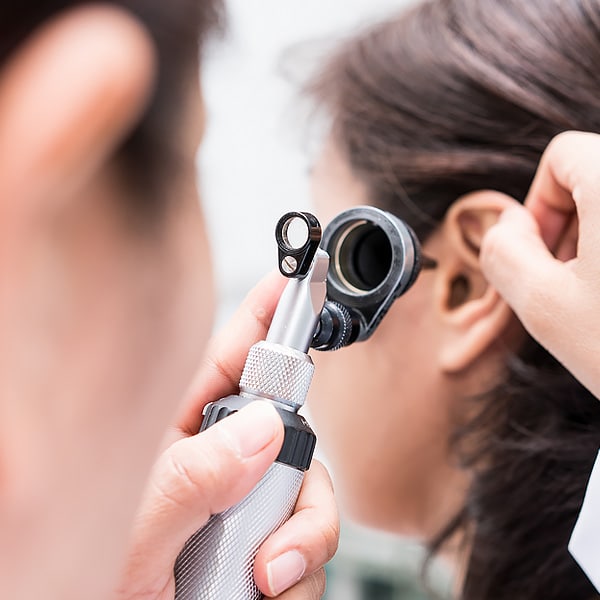Do you often find yourself feeling like the room is spinning and you may lose your balance? You may be experiencing vertigo. When our heads move, the vestibular system within our inner ear sends signals to the brain and the eyes so that we can adjust our vision and spatial understanding accordingly. Sometimes, however, other things cause the vestibular system to send these signals even when the head is not moving, thus giving the sensation the things around you are spinning and offsetting your balance.
The vestibular system consists of five tiny, distinct structures and nerve pathways that help to establish our sense of balance and spatial orientation. Spatial orientation is the ability to know where our body is within the environment. Those who experience vertigo or dizziness regularly should be checked out by a medical professional. In addition to examining the ear canal and tympanic membrane (eardrum), there are special tests that can help identify where your dizziness and vertigo are coming from.
Many different things can cause dizziness and vertigo- including medications taken for other conditions, migraine headaches, or from small calcium carbonate deposits, called otoconia that disturb the transmission of balance information from the inner ear to the brain. Other more rare causes of dizziness and vertigo include multiple sclerosis, brain tumors, or the effects of a stroke or other neurologic disorders. Often through a thorough history and physical exam, a medical professional will have a good idea of what the cause could be. Magnetic resonance imaging (MRI) can be ordered to rule out some sources of dizziness and vertigo in the brain. Audiometry, which tests hearing, is often done to check for other causes of vertigo, such as Meniere’s disease or endolymphatic hydrops. Frequently specialized testing of the inner ear function can be helpful to sort of the cause of longer lasting or recurrent vertigo. This takes a few hours at the Balance Point Center. People with persistent dizziness and imbalance can frequently benefit from physical therapy to help the brain adapt to the injury of dysfunction of the inner ear organs.
